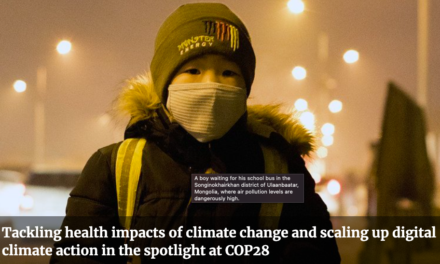New England, September 2024 — A rare but deadly mosquito-borne disease is raising alarms across New England, leading to the cancellation of events and a shift in sports schedules to protect residents from potentially infected mosquitoes. Health officials have issued warnings as the Eastern Equine Encephalitis (EEE) virus poses a serious threat, with recent cases prompting heightened public health measures.
Last week, health authorities reported the death of a New Hampshire resident due to EEE, a condition that can cause severe symptoms such as vomiting and seizures. The current summer season has seen three reported human cases: two in Massachusetts and one in Vermont. The situation has prompted health officials to advocate for increased caution, particularly in the evenings when mosquitoes are most active.
In response to the growing threat, Burlington, Vermont’s largest city, has canceled its Oktoberfest celebration. Additionally, local schools are adjusting sports practices to avoid peak mosquito hours. The Vermont Health Department has recommended that residents in high-risk areas remain indoors after dusk until the first hard frost arrives, which will help eliminate mosquito populations.
“Vermont data and current virus activity around New England demonstrate the urgent need to take EEE very seriously,” said Dr. Mark Levine, Vermont’s Health Commissioner, in a statement. The increased presence of mosquitoes testing positive for the virus in Vermont is particularly concerning, as health officials stress the importance of precautionary measures.
The disease, though rare, is highly serious. According to the U.S. Centers for Disease Control and Prevention (CDC), EEE has a mortality rate of approximately 30%. Survivors may face lifelong mental and physical disabilities. Individuals over 50 years old and those under 15 are identified as being at greater risk for severe illness.
In Massachusetts, the town of Plymouth has closed its parks and fields each evening, while at least four other towns are advising residents to avoid outdoor activities after dark. This follows a 2019 outbreak that resulted in six deaths among 12 confirmed cases, with subsequent cases continuing into the following year.
There are currently no vaccines or specific treatments available for EEE. The disease remains relatively rare, with only a few cases reported annually in the United States, primarily in eastern and Gulf Coast states.
As the season progresses, health officials urge the public to remain vigilant and adopt preventive measures to mitigate the risk of EEE.











